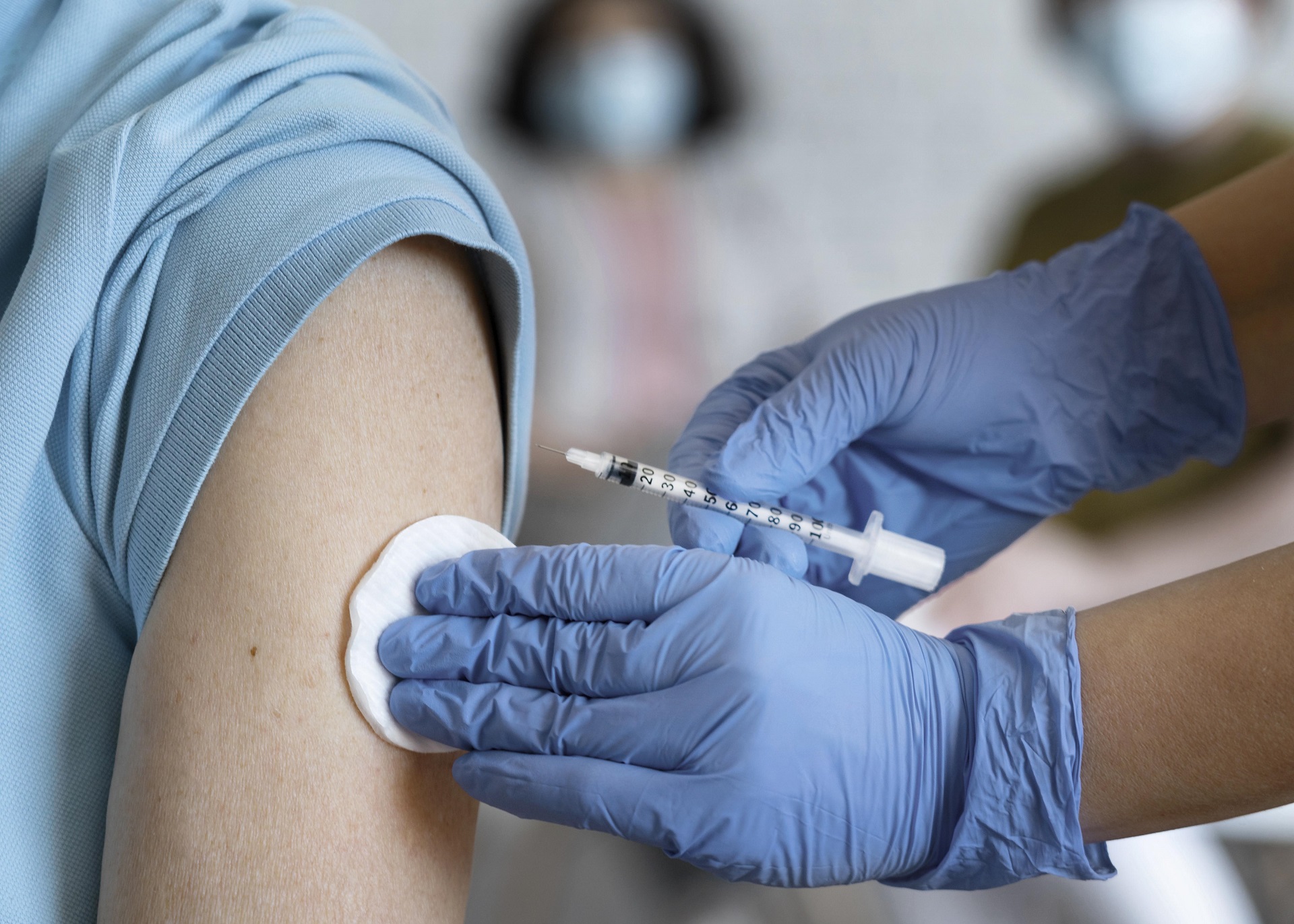
A Critical Step for Occupational Safety and Health: Tetanus Vaccination Practices for Employees
Tetanus: What to Know
Tetanus is a serious and potentially fatal infection caused by the bacterium Clostridium tetani. The bacteria enters the body through a cut, wound or puncture and damages the nervous system. This infection causes stiffness, pain and contractions in the muscles and is known as "locked" because it usually starts in the jaw muscles.
Tetanus Risk in the Workplace
Employees, especially those working in sectors such as construction, agriculture, metal processing and waste management, may be at risk of tetanus. In such sectors, contact with rusty metal, dirty surfaces or organic waste can cause tetanus bacteria to enter the body. This makes it mandatory for employees in the workplace to be protected with regular tetanus vaccinations.
Tetanus Vaccine: Protecting Employee Health
Tetanus vaccination is the most effective way to protect employees from this serious infection. The vaccine is usually administered in combination with the tetanus, diphtheria and pertussis (Tdap) vaccine. The first vaccination series begins in childhood and continues with regular booster doses in adulthood.
Vaccination Policies in Workplaces
According to occupational health and safety regulations, it is important for employees at risk to receive regular tetanus vaccinations. In this context, vaccination schedules must be created in workplaces and employees must be vaccinated in accordance with this schedule. Workplaces must regularly have their employees' health screenings performed and check whether their tetanus vaccination is up to date.
In addition, after accidents that may occur in the workplace, it is vital to check whether the injured employee's tetanus vaccination is up to date and to provide emergency vaccination if necessary.
Vaccination Schedule and Refresher Doses
Tetanus vaccination is usually renewed every 10 years. However, in the event of an injury at work, if more than 5 years have passed since the employees' last tetanus vaccination, it is recommended to receive an additional dose of the vaccine. This is a preventive measure to minimize the risk of infection.
Tetanus vaccination practices in workplaces are of vital importance both in terms of protecting employee health and ensuring occupational safety. Employers must ensure that their employees are up to date with their vaccinations, organize additional vaccinations when necessary, and inform their employees about this. These measures contribute to creating a safer working environment by minimizing potential health risks from tetanus in the workplace.
Üniversal OSGB
Occupational Safety and Worker Health Center


